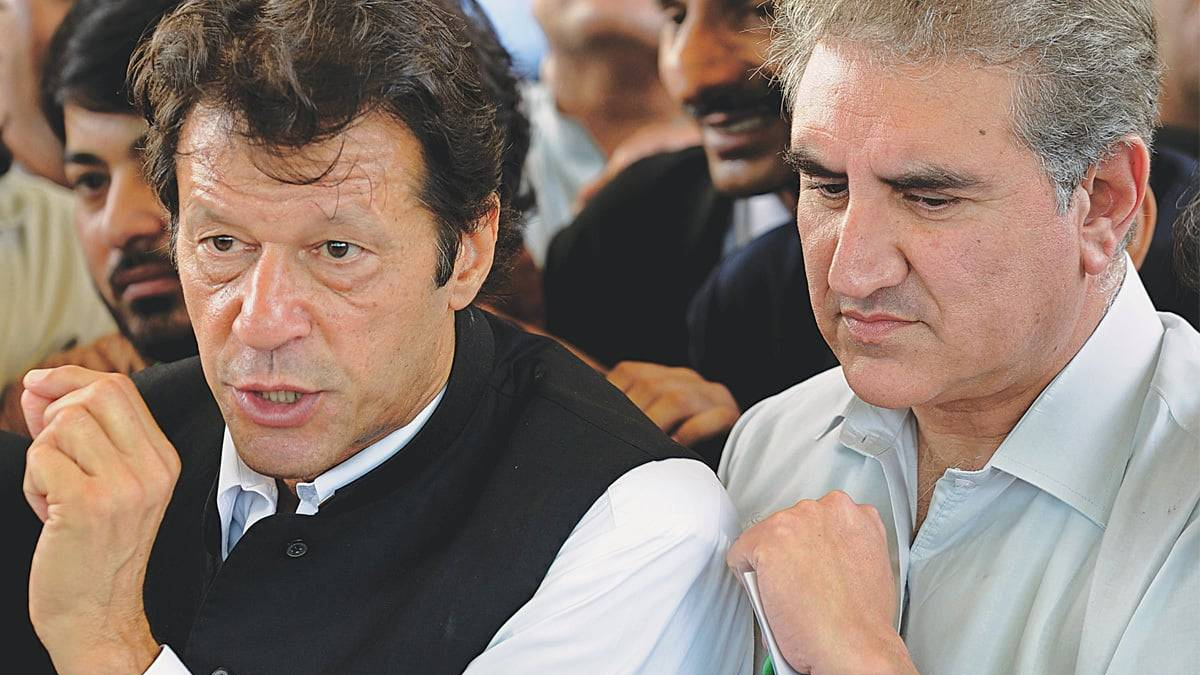
pti founder imran khan and shah mahmood qureshi, handed 10 year jail term in cipher case
In a Significant Development a Special Court Hearing the Cipher Case on Tuesday Sentenced former Prime Minister Imran khan and Pakistan Tehreek-e-Insaf (PTI) Founder, Shah Mahmood Qureshi to a 10-year jail term. The case, which had been ongoing in Adiala Jail since last year, accused Qureshi and another PTI leader and the former Foreign Minister, of distorting Diplomatic cipher contents for alleged Nefarious Purposes.
Special Court Judge Abual Hasnat Zulqarnain delivered the verdict soon after Recording Statements from both accused individuals. The Court Deemed the Prosecution’s Evidence Sufficient to Establish the charges against the former Prime Minister Imran khan and Ex-Foreign Minister.
The Case filed Under the Official Secrets Act on August 15 Centered on Allegations of Conspiracy to misuse Classified information. The Home Secretary initiated the Complaint, naming Qureshi, former principal Secretary Azam Khan and former Planning minister Asad Umar in the First Information Report (FIR). The Authorities indicated that action would be Taken against Azam Khan and Asad Umar after Concluding their involvement in misusing Classified Documents.
Notably, the Federal Investigation Agency (FIA) prosecutor, Raja Rizwan Abbasi, had Earlier Requested the Special court to Restrict the defense Counsel’s right to Cross-Examination, Claiming that Delaying tactics were being Employed to Prolong the trial.
Read More: Lahore High Court Rejects Nomination Papers Appeal, from Imran khan PTI
Following the Verdict, Pakistan Tehreek-e-Insaf (PTI) Promptly announced its intention to challenge the Decision in the Islamabad High Court. Barrister Ali Zafar, Representing PTI, Criticized the Verdict as a ‘Mockery’ of justice and argued that the jail trial in the cipher case was Contrary to Article 10-A.
Read More: Imran Khan Declares No Compromise, Ready to Face Legal Battle
As the Legal Battle Continues the Case Raises Questions about the alleged misuse of classified information by High-Profile Political figures, Emphasizing the Significance of Safeguarding Diplomatic Communications and the Repercussions for those Found in Violation of such Sensitive Matters.



